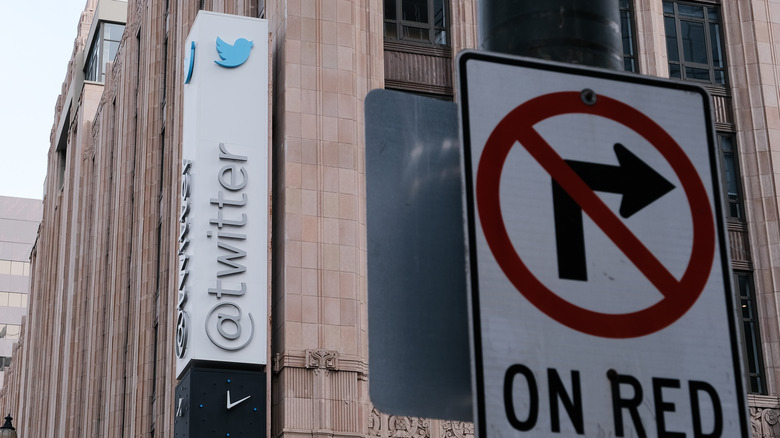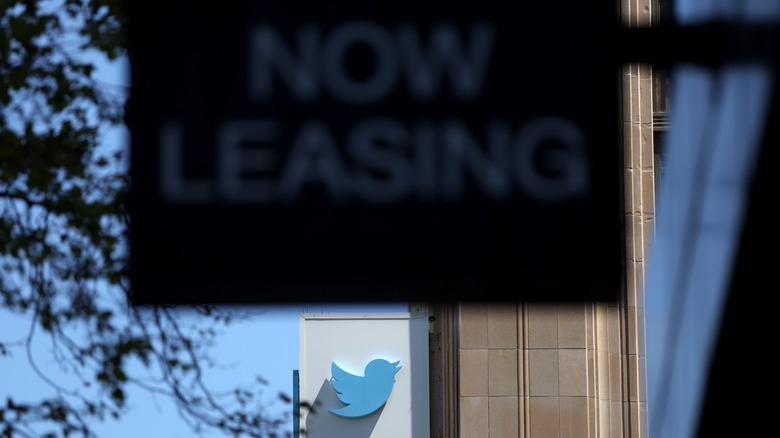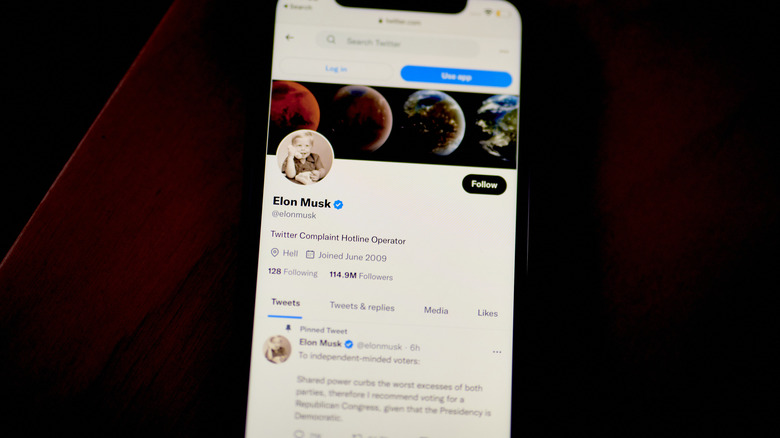Musk Has Clarified His Remote Work Policy, But It Still Sounds Terrible
As we've been reporting, Elon Musk and Twitter have been getting along like a house on fire. Regrettably, that's not an idiom – People have fled the burning building, the structure is starting to collapse, and the owner appears to be salting the ashes.
How did it come to this? How did the largest purchase ever made by the world's richest man degenerate into a media punchline? After all, by some measures, Twitter is thriving. The platform has repeatedly hit active-user highs in the last few weeks.
People seem to want what Elon Musk is selling. Why is he having so much trouble giving it to them?
Right now, Twitter may be suffering because of one of Elon Musk's simplest demands. Curiously for a man who sees himself as a futurist, Musk insists on a very conventional in-office 40-hour week. He sent an email to that effect on November 16th. Consequences ensued. Why?
Two steps forward, three steps back
In Elon Musk's own words, his reactionary approach to Twitter's workforce is about making it "hardcore." Musk wants a company staffed solely by passionate experts, people who consider an in-office, 40-hour week the bare minimum of commitment.
The math is against him, however. Pew Research confirms basic business sense: people who can work from home generally prefer to do so, even if the pandemic was not a factor. Pew doesn't have a research category for "passionate expert," but people with college degrees and high income are even more likely to choose to work from home.
Musk sent managers some damage control on November 17th, but it didn't reverse his position. In some ways it got stricter, instructing supervisors to meet weekly with the few employees granted work-from-home privileges and threatening summary dismissal for managers who allowed employees who weren't "exceptional" to work from home. Reporter Davey Alba has the email:
New @TheTerminal – Musk has softened his work from home policy at Twitter. Email today: "Regarding remote work, all that is required for approval is that your manager takes responsibility for ensuring that you are making an excellent contribution." 1/
— Davey Alba (@daveyalba) November 17, 2022
Falling bird
What followed was, a former Twitter executive told CNN, "mass exodus." CNN and the BBC both describe cascades of "salute" emoji in internal Slack channels — farewells from Twitter employees who stayed long enough to get the Thursday email, then tapped out. Many apparently agreed with a former Twitter employee speaking to the BBC: "I didn't want to work for someone who threatened us over email multiple times about only 'exceptional tweeps should work here' when I was already working 60-70 hours weekly."
Now, Twitter may have less than 2,000 employees left. Before Musk, it had around 7,500. Musk has locked employees out of Twitter HQ until next week — apparently, per Zoe Schiffer of Platformer, for fear of theft or sabotage.
NEW: Twitter just alerted employees that effective immediately, all office buildings are temporarily closed and badge access is suspended. No details given as to why.
— Zoë Schiffer (@ZoeSchiffer) November 17, 2022
That's unconfirmed as yet, mostly because, as Axios notes, Twitter no longer has a communications department. At this point, we frankly don't blame Musk for not wanting to be CEO of anything anymore.


